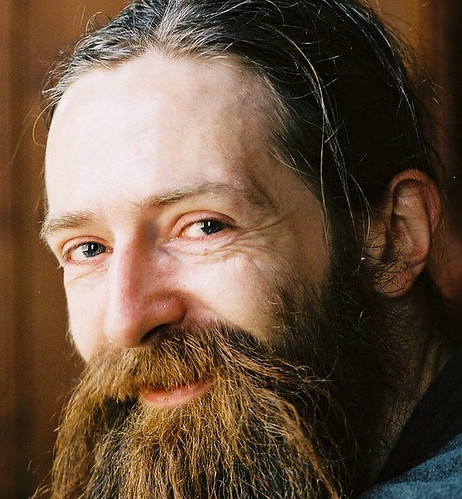
Aubrey de Grey
Sens Foundation
Hype and Anti-Hype in Academic Biogerontology Research:
A Call to Action
An essential prerequisite to the efficient discovery of solutions to daunting technological challenges is objectivity about the plausibility of particular approaches, which is in turn founded upon objectivity concerning what is already known and/or possible. In the case of combating aging, prominent academics have been appropriately forthright in highlighting the lack of objectivity in the descriptions of various of the alleged anti-aging therapies that are currently available that are provided by those who sell such therapies. In some cases, however, these biogerontolgists have overstated the case and made over-pessimistic criticisms of such products, which not only limits our ability to defend against aging today but also undermines the reputation of academia by appearing to be based on vested interests. Similar problems apply to the overstated and premature rejection of proposals for future therapies that are based on work not traditionally the preserve of biogerontology, such as regenerative medicine. These flaws are further exacerbated by the willingness of many high-profile biogerontologists to collude with the media in the over-optimistic presentation of the significance of advances that do fall within the traditional scope of biogerontology. While such manipulation may be forgiven as a natural response to the critical shortage of funding in research, it nevertheless delays progress in developing truly effective anti-aging therapies by distorting the view of the general public and of policy-makers concerning what is and is not a promising way forward. In my talk I will address all the above issues and discuss how we might alleviate them.
Dr. Aubrey de Grey is a biomedical gerontologist based in Cambridge, UK, and is the Chief Science Officer of SENS Foundation, a California-based charity dedicated to combating the aging process. He is also Editor-in-Chief of Rejuvenation Research, the world’s highest-impact peer-reviewed journal focused on intervention in aging. He received his BA and Ph.D. from the University of Cambridge in 1985 and 2000 respectively. His original field was computer science, and he did research in the private sector for six years in the area of software verification before switching to biogerontology in the mid-1990s. His research interests encompass the characterization of all the accumulating and eventually pathogenic molecular and cellular side-effects of metabolism (“damage”) that constitute mammalian aging and the design of interventions to repair and/or obviate that damage. He has developed a possibly comprehensive plan for such repair, termed Strategies for Engineered Negligible Senescence (SENS), which breaks aging down into seven major classes of damage and identifies detailed approaches to addressing each one. A key aspect of SENS is that it can potentially extend healthy lifespan without limit, even though these repair processes will probably never be perfect, as the repair only needs to approach perfection rapidly enough to keep the overall level of damage below pathogenic levels. Dr. de Grey has termed this required rate of improvement of repair therapies “longevity escape velocity”. Dr. de Grey is a Fellow of both the Gerontological Society of America and the American Aging Association, and sits on the editorial and scientific advisory boards of numerous journals and organizations.
